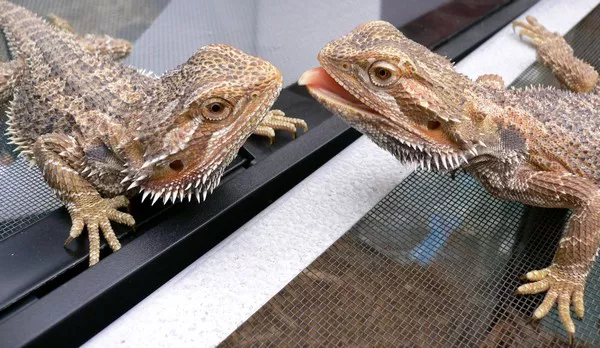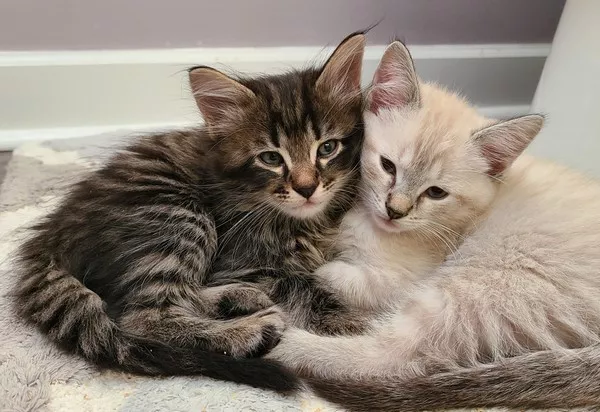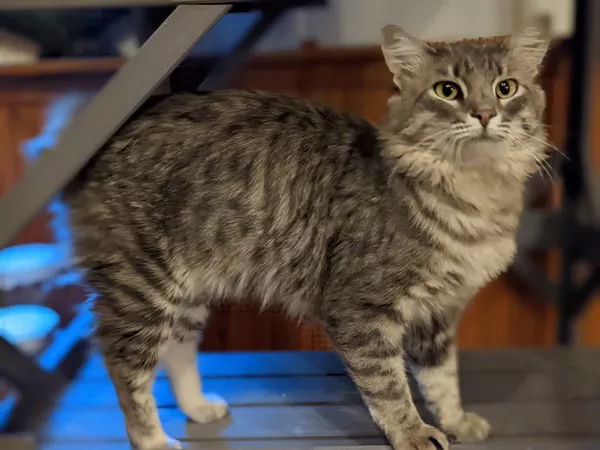Bearded dragons are captivating reptiles that require a well-balanced diet to thrive. One crucial aspect of their diet is the consumption of insects, which provides essential nutrients for their growth and overall health. As a responsible pet owner, understanding what to feed your bearded dragon is vital to ensure their well-being.
This comprehensive guide aims to address the common concerns and questions related to feeding these fascinating creatures, specifically focusing on the inclusion of live insects in their diet.
Can a Bearded Dragon Live Without Eating Insects?
Bearded dragons are omnivorous creatures, meaning they consume both animal and plant-based foods. While they can survive on a diet that includes vegetables and fruits, insects play a crucial role in meeting their protein needs and providing essential nutrients like calcium. Live insects offer a more natural form of sustenance for bearded dragons, mimicking their diet in the wild. However, supplementing their diet with other protein sources like cooked meats or commercial diets can sustain them in the absence of live insects, but this should be done under the guidance of a reptile veterinarian.
The Importance of Insects in a Bearded Dragon’s Diet
Insects are a fundamental part of a bearded dragon’s diet. They provide high-quality protein, essential vitamins, and minerals crucial for their growth and development. The primary insects recommended for bearded dragons include crickets, dubia roaches, mealworms, and phoenix worms, among others. These insects not only supply necessary nutrients but also stimulate the hunting instincts of bearded dragons, providing mental stimulation and exercise.
Should I Feed My Bearded Dragon Live or Dead Crickets?
Live insects are highly recommended for bearded dragons as they replicate the hunting experience found in their natural habitat. Live prey stimulates their natural instincts, encouraging physical activity and mental engagement. However, if there are concerns about the insects being carriers of parasites or diseases, freezing them and subsequently offering them to your pet as ‘dead’ insects can be an alternative. But be cautious when choosing this option and ensure that the insects have been properly stored and maintained in clean conditions.
Variety in Insect Diet for Bearded Dragons
A diverse diet is essential for the health of a bearded dragon. Offering a variety of insects ensures a balanced intake of different nutrients.
Rotating between various insects, such as crickets, roaches, and mealworms, prevents nutritional deficiencies that might arise from a monotonous diet. Additionally, gut-loading insects with nutritious foods before feeding them to your bearded dragon enhances the nutritional content, ensuring your pet receives adequate vitamins and minerals.
Can You Feed Bearded Dragons Dried Insects?
Dried insects, while convenient, might not be the best option for bearded dragons. Live insects are preferred as they contain more moisture and are closer to the bearded dragon’s natural prey. Dried insects lack the necessary moisture content and may not be as nutritious as their live counterparts. If considering dried insects, it’s essential to ensure they are a supplementary part of a varied diet rather than the primary source of nutrition for your bearded dragon.
Balancing Insects with Vegetables for Bearded Dragons
While insects are vital for a bearded dragon’s diet, they should be complemented with a variety of vegetables. Leafy greens such as collard greens, mustard greens, and kale provide essential vitamins and fiber. Additionally, a small portion of fruits like berries or melons can be offered occasionally. The ratio of insects to vegetables will change as bearded dragons age – younger dragons require a higher proportion of insects for growth, while older ones require more vegetables.
Potential Risks and Precautions
Feeding live insects to your bearded dragon might present certain risks. Insects from unknown sources may carry parasites or diseases that can be harmful to your pet. Therefore, it’s crucial to obtain insects from reputable sources or breed them at home. Furthermore, ensure that the insects have not been exposed to pesticides or other harmful substances before feeding them to your bearded dragon.
Consulting a Veterinarian
Always consult with a veterinarian experienced in reptile care for specific advice regarding your bearded dragon’s diet. They can provide tailored guidance on the types and quantities of insects suitable for your pet based on its age, health condition, and individual needs.
Conclusion
Feeding live insects to your bearded dragon is a crucial aspect of their diet. These insects provide essential nutrients, mental stimulation, and encourage natural behaviors.
While live insects are highly recommended, supplementing them with a variety of vegetables is essential for a balanced and nutritious diet. By providing a well-rounded diet and considering the guidelines discussed, you can ensure your bearded dragon lives a healthy and fulfilling life.
Always prioritize your pet’s well-being by staying informed and seeking professional advice when necessary.
Related Topics:
Can Bearded Dragons Eat Grapes: Unveiling the Truth
Can Bearded Dragons Eat Quail Eggs? 5 Safety Concerns
Do Bearded Dragons Recognize Their Owners?


























